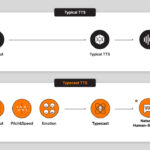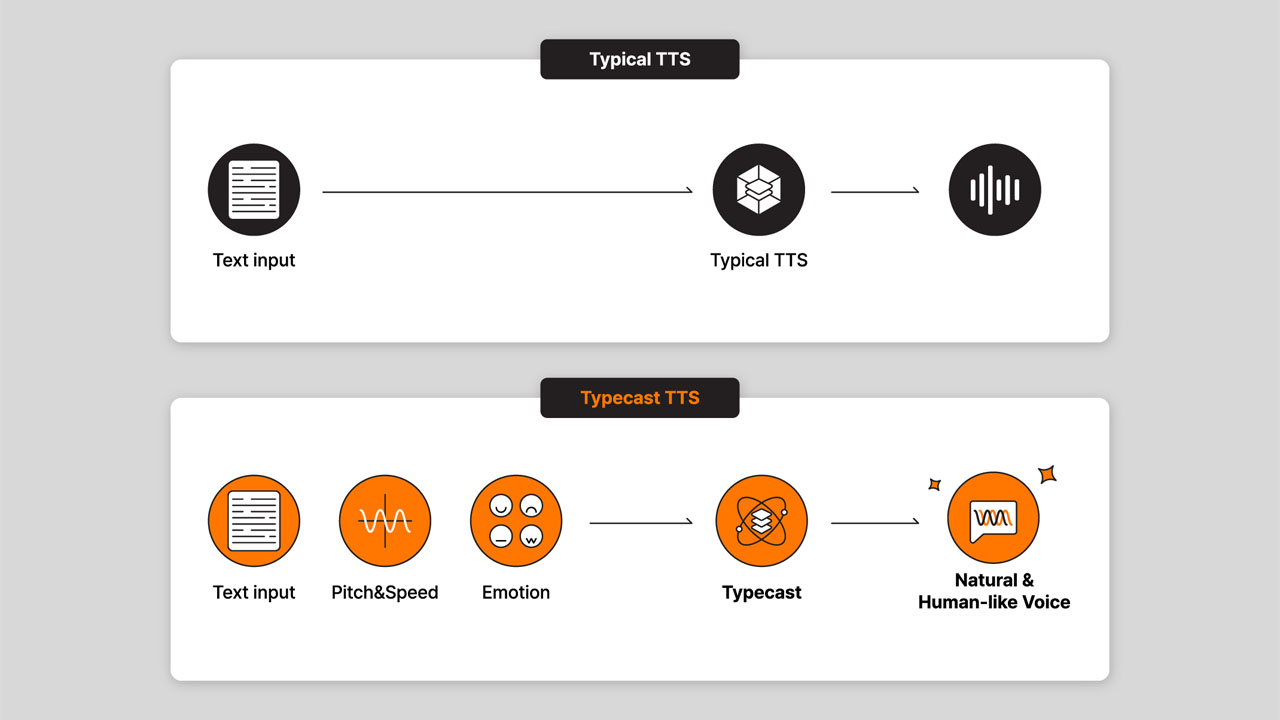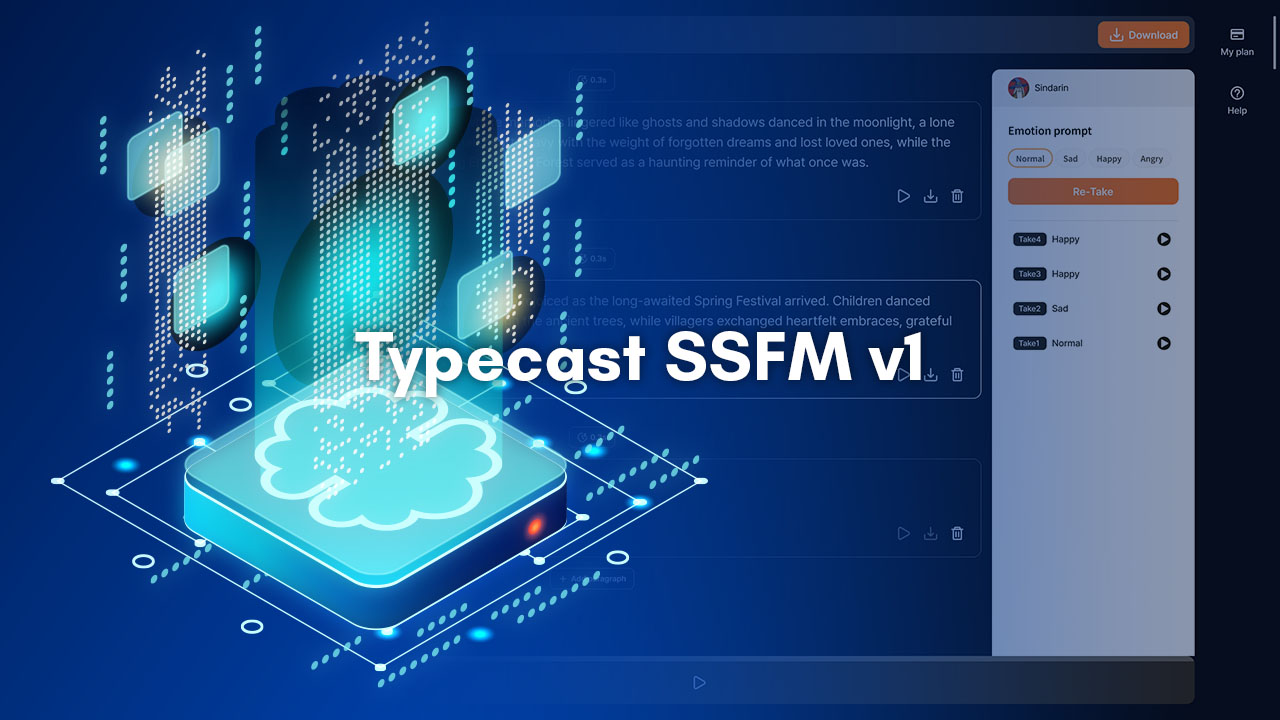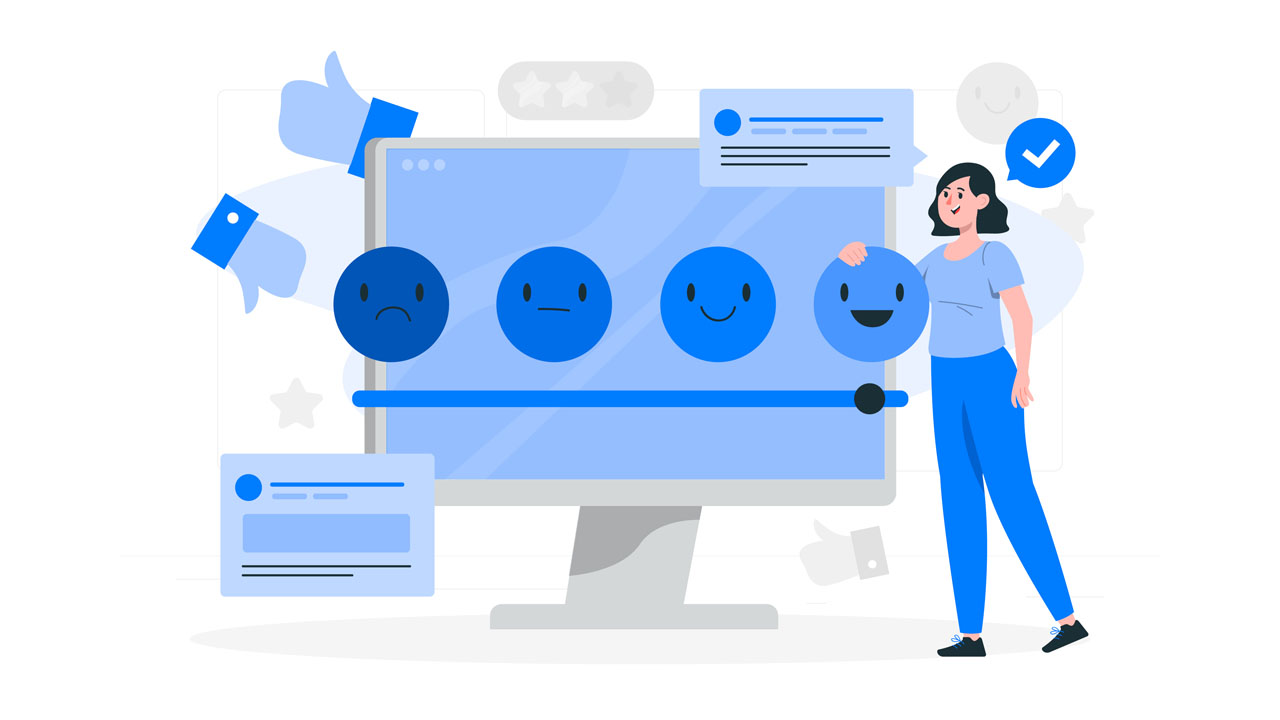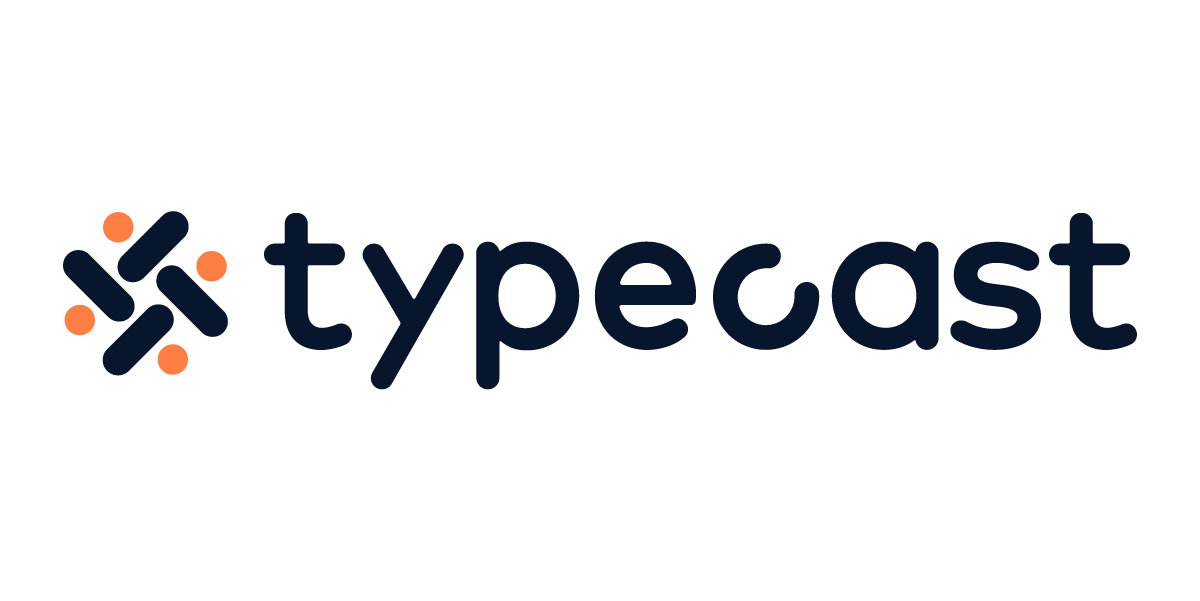AI researchers are exploring how artificial intelligence therapy can be utilized to alleviate mental health concerns. According to American Psychological Association, 84% of psychologists say they have seen an increase in demand for anxiety treatment and a 72% increase in depression treatment since the beginning of the pandemic.
What is Artificial Intelligence Therapy?
Traditionally, patients suffering from mental health problems speak to a therapist to seek care. The therapist helps their patients adopt various approaches and techniques to cope with their symptoms.
Artificial intelligence therapy involves the use of artificial intelligence to deliver care to mental health patients.
Such a form of therapy uses large amounts of data to understand patients’ past diagnoses and current treatment options. Wearable gadgets such as smartwatches are also utilized as a part of AI therapy to monitor patients’ vitals and routines.
5 Ways to Use AI in Therapy
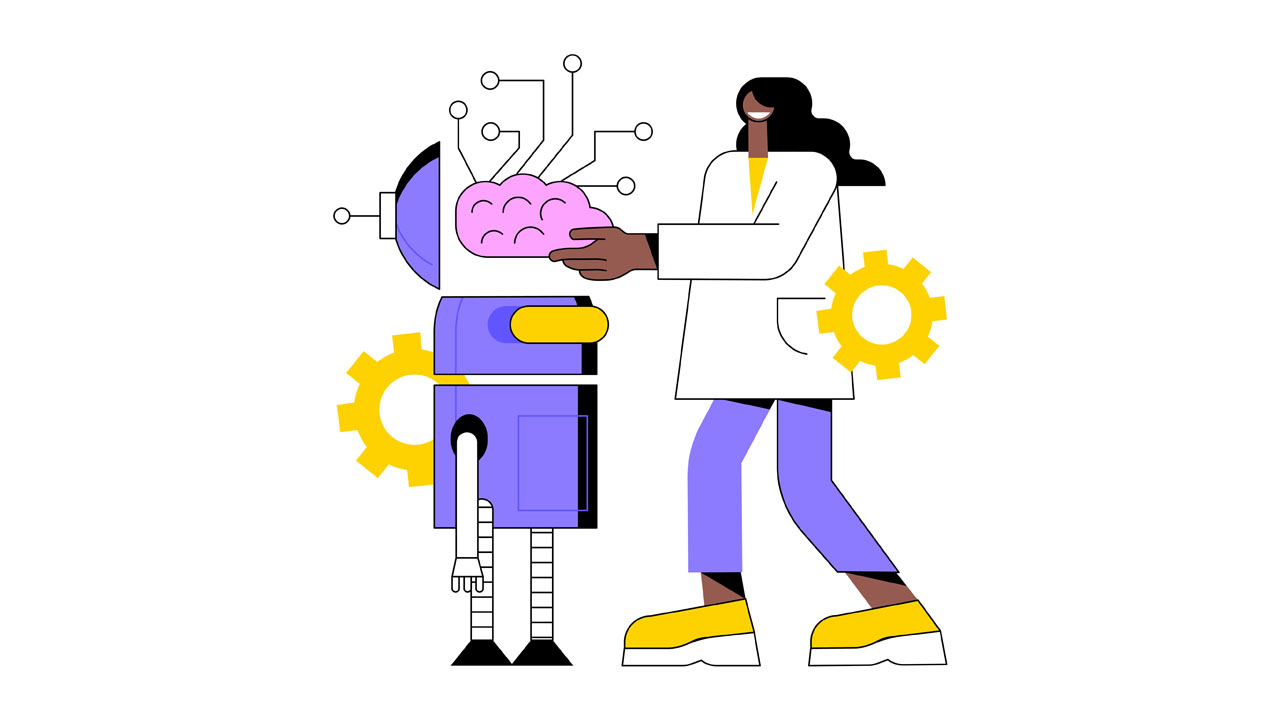
1. Automation through Data Processing
According to a study called Projected Workforce of Psychiatrists in the United States, the USA is expected to see a shortage of between 14,280 and 31,109 psychiatrists in the coming years. As a result, psychologists and social workers will be overworked and overextended.
Owing to the growing shortage of healthcare staff, quick and efficient solutions are needed to meet the growing needs of mental health patients.
Ieso Group is transforming mental healthcare through the use of clinical data. The group has collected data from over 600,000 hours of therapy sessions. Using AI, machine learning, and deep neural networks, they recognize various patterns in mental health conditions and treatment.
Other companies are also following suit in developing more viable options for delivering mental healthcare through the use of AI.
2. Identifying Post-Traumatic Stress in Patients
Medical institutes are using AI and machine learning to identify post-traumatic stress disorder (PTSD) in patients who have been in a war zone or have experienced similar traumatic experiences in their lives.
For example, a study published in Translational Psychiatry identified the clinical subtypes of post-traumatic stress disorder (PTSD) in veteran males deployed to Iraq and Afghanistan.
The study utilized a machine learning method called random forests (RF) to identify subtypes of PTSD based on current symptom assessments.
In fact, some researchers are using machine learning to identify people who are at risk of developing PTSD symptoms. By using smartphone surveys coupled with machine learning, these studies allow researchers to target the symptoms at an early stage.
3. Monitoring Patient Progress and Modifying Treatment as Necessary
Through the use of artificial intelligence therapy, therapists can keep detailed notes of patients’ tone, speech, or behavior during sessions. Using this data, therapists can identify patients’ progress and change treatment plans as necessary.
For example, if a patient is showing heightened symptoms of self-harm or suicidal thoughts and shares those thoughts with their therapist, it can be a sign that the current form of therapy may not be working. The patient may need to be switched to an alternative form of therapy or be prescribed medication.
Such data can also help identify ADHD or anxiety-related symptoms early on in the therapy process. This can help therapists find the right approach and solution for their patients.
4. Accessibility from the Comfort of Home
Home health AI involves the use of AI systems to provide care to patients from their homes. Mental health patients cannot always see their therapist in person. While telehealth systems are widely used in the United States and all over the world, only some institutes have started adopting AI technologies in home health.
With home health AI, patients can consult AI therapists remotely at all times. If needed, these AI therapists can connect them to real human therapists as well.
Additionally, for patients with chronic mental health conditions, wearables that monitor vital signs can be used. These wearables also show patients’ movement, for example, how much they have walked or exercised in a day.
5. Combination of AI and Telehealth
In a clinical study, scientists at Stanford University utilized an AI-powered telehealth platform called Youper to see its effects on patients suffering from depression and anxiety.
The AI mental health model helped users practice emotional regulation skills using their smartphones.
Researchers found a significant drop in the levels of depression and anxiety among the participants of the clinical study.
As a result, the team is planning to expand Youper to offer comprehensive and affordable mental health care alongside telehealth such as online doctor visits and medication delivery.
Deepfake Face Generator
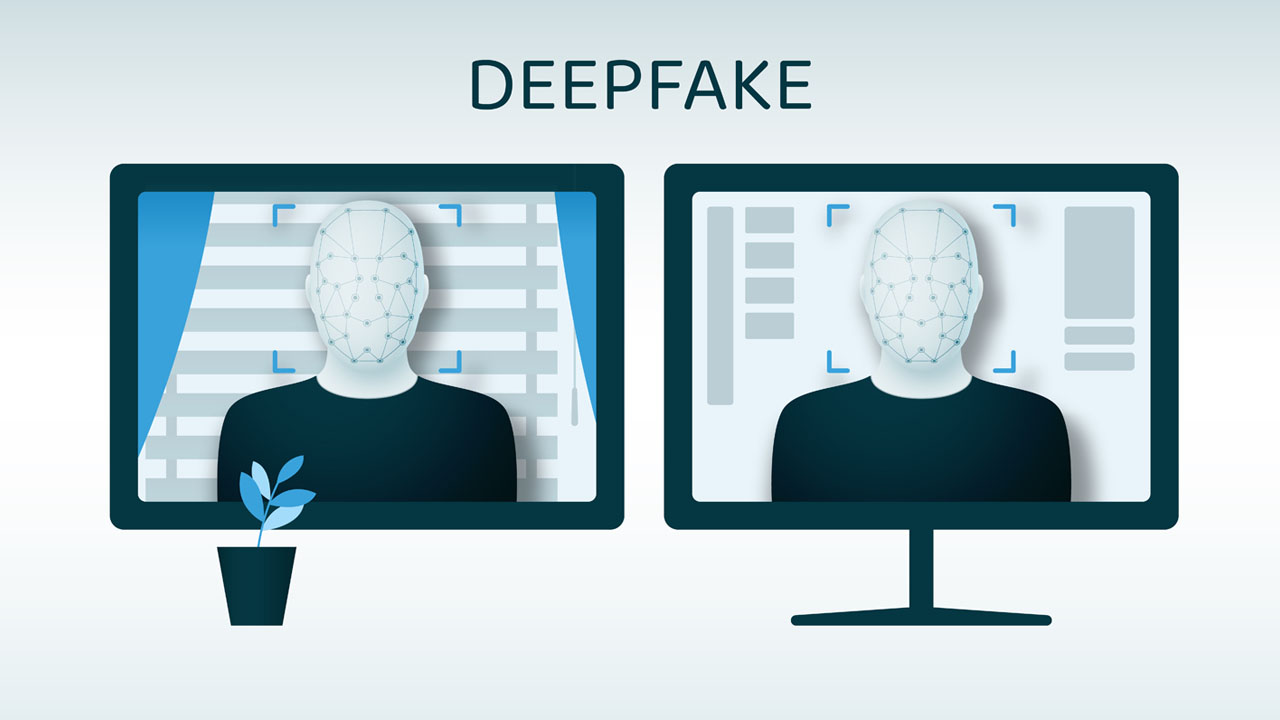
With the increasing popularity and the rise of AI-driven content, more people are experimenting with AI apps and tools. A deepfake face generator allows creators to produce realistic looking human faces of celebrities and public figures.
You can choose the color tone, gender type, makeup, hair length, facial expressions, and emotions with a deepfake face generator.
Deepfake face generators are also making their way into the mental wellness space. Although still a new concept, deepfake face generators can significantly assist in psychotherapy and psychological support.
Deepfake therapy — a Dutch documentary on family members having a conversation with their deceased loved ones through deepfake AI is an example of how AI uses realtime voice cloning to create a replica version of their deceased loved ones.
While such conversations may help people grieve the loss of their loved ones and get some closure, these experiments must be conducted under the supervision of a therapist. The use of deepfake therapy comes with ethical obligations that need to be seriously considered before performing such experiments.
Bots for Therapy Sessions
Research shows that some people prefer talking to machines rather than real humans about their mental health struggles. Particularly people who suffer from social anxiety or fear social stigmas may gravitate more toward a machine for help.
Apps and bots that are available 24/7 to offer mental health support are surfacing in the mental health space as a viable form of short-term need-based therapy.




